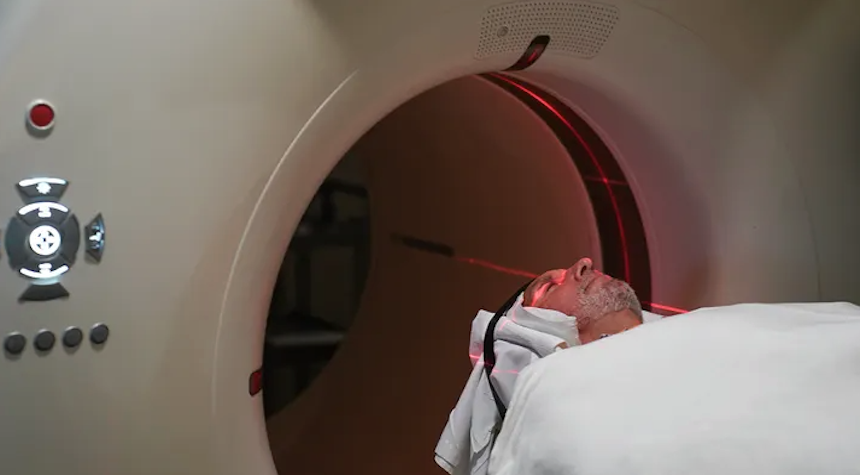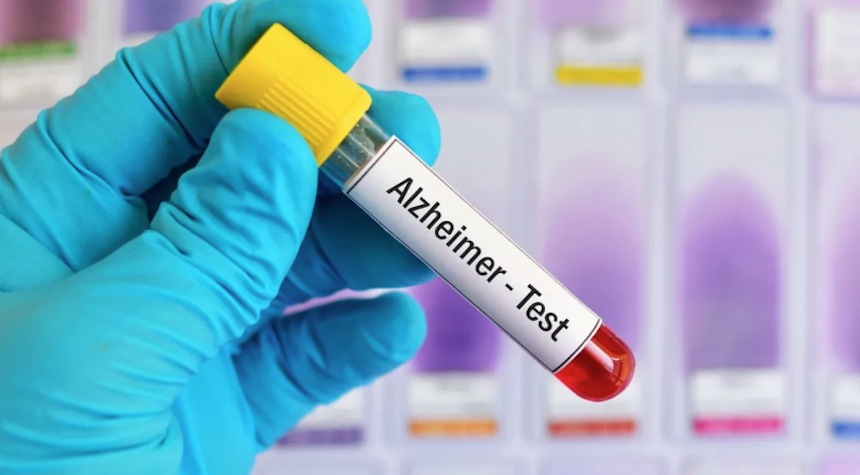Doctors have expressed optimism about the progress researchers made with a blood test that can detect Alzheimer’s disease at an early stage.
They have waited years for a way to detect diabetes that is affordable and easily accessible. This dream is now closer to becoming a reality.
A new test, published in JAMA Neurology on Monday, revealed that the protein phosphorylated Tau 217 can be used to detect diseases before symptoms are visible.
Dr. Sharon Cohen, a behavioral neurologist and test researcher found that the ptau217 had a greater accuracy than 90% in diagnosing Alzheimer’s.
Theweta emphasized how the blood test can track disease progression without forcing patients to undergo expensive positron emission tomography (PET) scans and invasive procedures such as spinal fluid assessments. Cohen and Dr. Robert Glatter, an emergency room physician in New York City, agreed.
It’s been a long wait.
Cohen said that at first, it appeared impossible to develop a blood test for diagnosing Alzheimer’s. Scientists from around the world have worked on this project because it is “important to have a method to diagnose Alzheimer’s disease early, when treatments may be beneficial.”

Jay Reinstein, an Alzheimer’s patient, is getting ready to undergo a PET scanner on June 20, 2023, at MedStar Georgetown Hospital, Washington, D.C.
This test is a useful tool for detecting a disease early and accurately.
Cohen and Glatter believe it could change the game for Alzheimer’s disease, which is the most common type of dementia. This can lead to improved patient care and treatment options.
The Centers for Disease Control and Prevention’s (CDC) latest estimates indicate that approximately 6.7 million Americans 65 and older are expected to have Alzheimer’s by 2023. By 2060, this number is projected to triple to 14,000,000.
Glatter said that a blood test with such high accuracy will change the way patients who are at a higher risk for Alzheimer’s Disease are managed. This is particularly true for people with a strong familial background. “

Dr. Seth Gale identifies Alzheimer’s Disease in an MRI taken on March 30, 2023, at the Center for Alzheimer Research and Treatment of Brigham and Women’s Hospital Boston.
Cohen believes that the term “game changer”, which is often used in this case, fits.
She added, “If we can develop a blood test that is used in clinics and doctor’s offices as well as in research, we’ll be able to make great progress in Alzheimer’s diagnosis and treatment. “
It can take a long time before the disease progresses and causes cognitive impairment.
She said that even if people have subtle symptoms, these are often ignored because everyone complains of being a little forgetful or absentminded as they get older. We do not consider those with Alzheimer’s who are forgetful to be patients.
It is because of this that Alzheimer’s disease is not diagnosed as often. This is particularly true in rural areas.
Some patients avoid the test because they are afraid of their results. Many people were afraid of learning that they had Alzheimer’s disease because there was nothing they could do. Cohen noted. She is trying to change perceptions. Early detection of the disease can help “even more” than later diagnosis.
Cohen stated that there is “great hope” in the fight against Alzheimer’s disease, as new diagnostics and treatment options are available to slow the progression of the disease.
Cohen claimed that FDA approved Leqembi in the summer. Cohen said that Leqembi was the first Alzheimer’s medication to show “slowing the clinical aspects” – meaning people lose their memory and functional ability more slowly.
Cohen hopes that people will feel more confident in receiving a diagnosis and acting on early findings rather than waiting.
The blood test is also used to rule other diseases out. Glatter explains that if a patient’s test for ptau217 comes back negative, doctors will assess them to determine if they suffer from other neurological disorders, such as Lewy Body Dementia and vascular dementia.

